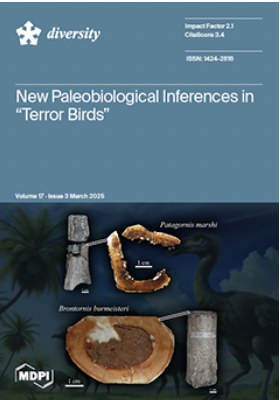Research Article
The Value of Stingless Bee Bioproducts for Human Health and Conservation: A Systematic Review
Publication Date:
DOI: https://doi.org/10.3390/d17030191
Abstract
In this systematic review, we look to the long-established medical relationship between humans and stingless bees to support the notion that health and conservation research needs to look differently at examples of the relationship between human health and biodiversity. Through the PRISMA statement, we synthesized 1128 Web of Science references between 2000 and 2024 regarding the clinical or experimental therapeutic applications of stingless bee bioproducts (honey and propolis) for human health. We aligned this trend with 2023’s leading morbidities in Mexico and people’s perceptions of healing experiences using stingless bee bioproducts. We found that the honey and propolis of 28 stingless bee species can aid in treating 8 out of the 19 most prevalent diseases in Mexico, primarily cancer, type-2 diabetes, obesity, and COVID-19. Although there is limited evidence from studies regarding the therapeutic applications of stingless bee bioproducts in the Americas, people can actively contribute to conservation as stewards of biodiversity by recognizing and appreciating the health benefits these bioproducts offer. We conclude that traditional meliponiculture systems safeguard knowledge that can be used to improve socio-ecosystem health. This is significant for strengthening locally based healthcare systems while fostering collaborative tropical landscape conservation.
